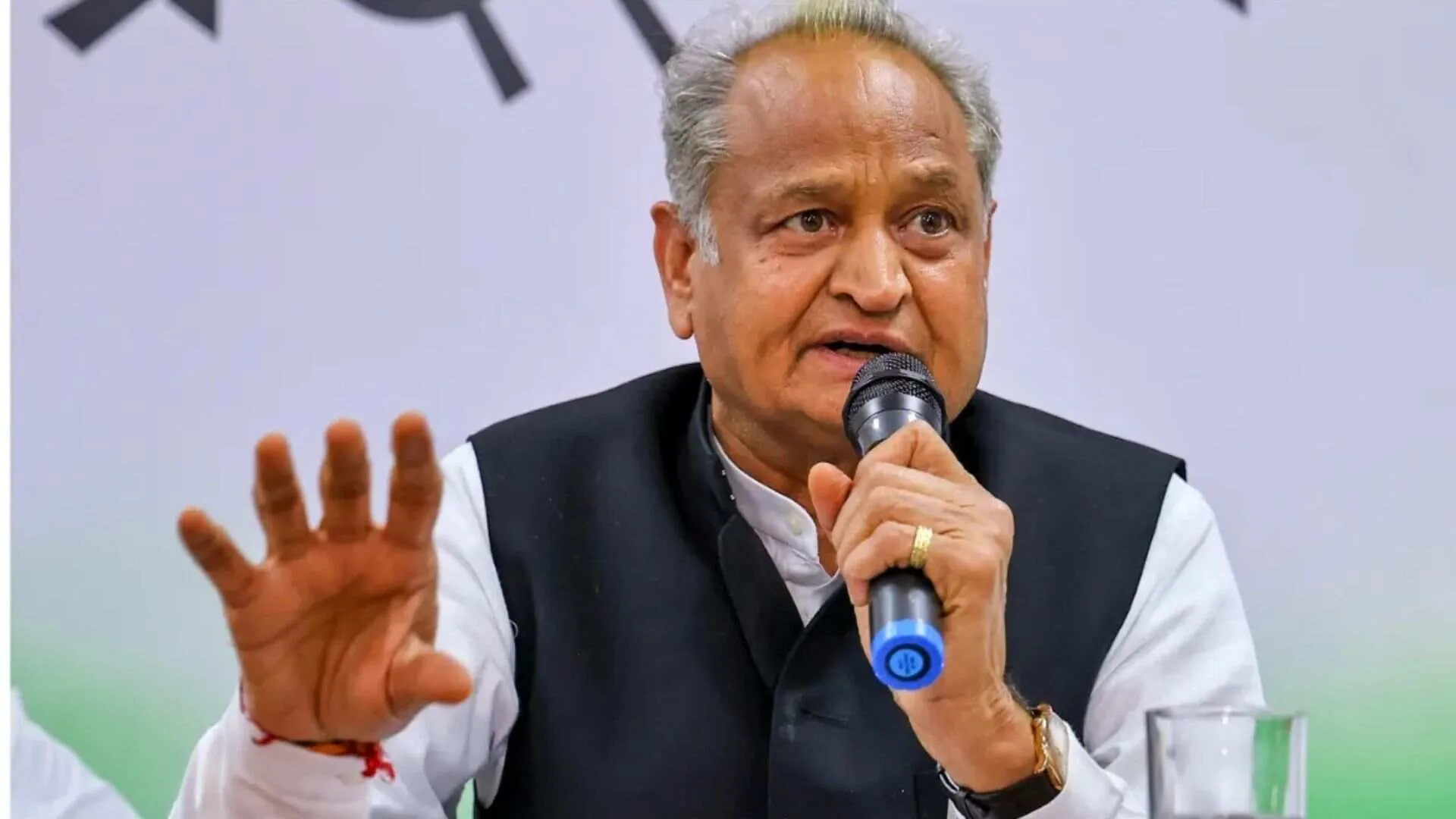Pakistan, which is undergoing an economic crisis and political instability, has found itself in a tight spot as it attempts to revive its stalled $6 billion loan programme. Sources say the crisis-hit country was eyeing a fiscal deficit of 7.7 per cent of its GDP for 2023-24, ahead of the budget unveiling on Friday.
The government will attempt to strike a compromise between reforms to appease the International Monetary Fund (IMF) and initiatives to win over voters in the upcoming election in November. Amid record inflation, fiscal imbalances, and low reserves, Islamabad is worried about failing to reach a deal with the IMF as the lender’s bailout programme expires this month. Roughly $2.5 billion of the $6 billion loan amount is still to be released.
The government will be hoping that the general election later this year will put an end to the unrest caused by the protest movement that former Prime Minister Imran Khan spearheaded since his ouster last year. Ex-Finance Minister Miftah Ismail said that it was necessary for the government to secure IMF funding so that there is little chance of an expansionary budget. “Without the IMF, it would be very difficult for Pakistan to survive the next fiscal year, so I’m sure the government will come up with a budget that is more or less in line with IMF prescriptions.”
A staff-level IMF decision to deliver $1.1 billion of a $6 billion package has been postponed since November 2022. The money is necessary for Pakistan to avoid a balance of payments crisis, and the majority of analysts predict that even when the current programme expires, Pakistan will need a bailout in the upcoming fiscal year to avoid defaulting on its financial obligations. For the second consecutive month, inflation in Pakistan reached a record 37.97 per cent in May, the highest rate in South Asia. The government is expected to present vote-winning measures, even if they must eventually be pulled back.

















